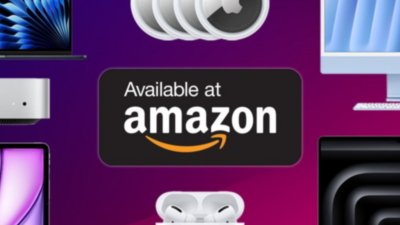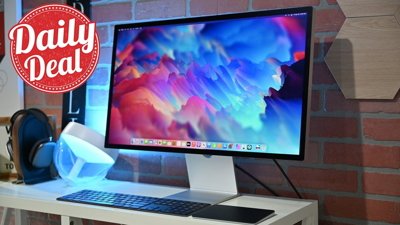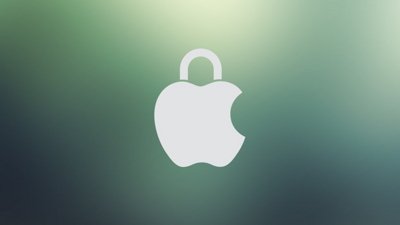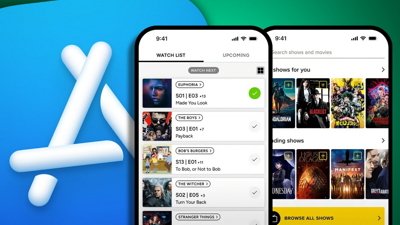Greg Slepak, CEO of TaoEffect, said he sent an e-mail to Jobs after learning the iPhone 4 SDK banned the porting of Flash, Java and Mono applications. Specifically, the new agreement prohibits the development of apps using "an intermediary translation or compatibility layer tool."
Slepak told Jobs he believed the reaction to the change across the entire internet was negative, including from Daring Fireball's John Gruber, who Slepak called Jobs' "biggest fan." Jobs reportedly responded by sending a link to Gruber's commentary on why Apple changed section 3.1.1 of its developer agreement. "We think John Gruber's post is very insightful and not negative," the Apple CEO allegedly said.
Slepak wrote back and said he believes Apple's changes are "limiting creativity itself," and said he believes there are a number of applications written with cross-platform frameworks that are "amazing," such as Mozilla Firefox. Jobs, Slepak said, responded to his second note in about three minutes.
"We've been there before, and intermediate layers between the platform and the developer ultimately produces sub-standard apps and hinders the progress of the platform," he wrote.
Last October, Adobe announced that developers would be able to create native iPhone applications ported from existing software written in Flash. The feature is set to become a part of the forthcoming Creative Suite 5 from Adobe.
Apple's changes have sparked spirited debate, with one Adobe evangelist this week lashing out at the iPhone maker for what he felt was a "hostile and despicable move." Lee Brimelow, a platform evangelist with Adobe, who advocates Flash and related Flex and Air developments, gained attention when he said he believes Apple timed the change to "hurt sales of CS5."
 AppleInsider Staff
AppleInsider Staff







 William Gallagher
William Gallagher

 Christine McKee
Christine McKee

 Chip Loder
Chip Loder

 Malcolm Owen
Malcolm Owen








240 Comments
I suppose this individual developer could create his own hardware platform if he is unhappy with Apple's license. Then he would be free to do whatever he wants with it, just like Apple. He could also just stop developing for the Apple platforms but that would probably hit him where it hurts, his income. Adobe could do the same thing, right? What to do, what to do?
Does he have the right to criticize Apple's policies? Absolutely but it's a two way street and his lane is much narrower than Apple's. He's got less room to maneuver and Apple's has a bigger, heavier vehicle rumbling down the road.
And every time a new OS X update comes out we see the results of those "intermediate layers" in the form of problems, crashes, reversions to the previous point release, and so on.
I suppose this individual developer could create his own hardware platform if he is unhappy with Apple's license. Then he would be free to do whatever he wants with it, just like Apple. He could also just stop developing for the Apple platforms but that would probably hit him where it hurts, his income. Adobe could do the same thing, right? What to do, what to do?
Does he have the right to criticize Apple's policies? Absolutely but it's a two way street and his lane is much narrower than Apple's. He's got less room to maneuver and Apple's has a bigger, heavier vehicle rumbling down the road.
That's right. Apple is the big boy on the block now, so that makes the right by default. While one does have the right to complain, you really shouldn't. Only if you have the resources to develop an entire platform on your own do your complaints have any merit. And in that case, you are then a competitor to Apple, so that invalidates your complaints as well. Best to just keep quiet and assume Apple cannot be wrong. Success==right.
This is a non-issue. This is not any different than working on any other closed, proprietary system. You want bad? This was lifted from the Nintendo Developers Site thanks to a poster on the Taoeffect site:
?Developer Qualifications: An Authorized Developer will have demonstrated the ability to develop and program excellent software for Nintendo video game systems or for other game platforms. In addition, an Authorized Developer will have a stable business organization with secure office facilities separate from a personal residence ( Home offices do not meet this requirement ), sufficient resources to insure the security of Nintendo confidential information and in order to ensure an effective environment for working with Nintendo and/or its Publishers. Nintendo provides Authorized Developers with highly confidential information and many of Nintendo?s Publishers also rely on recommendations and referrals to Authorized Developers. For these reasons, Nintendo exercises a very high level of care in evaluating Authorized Developers.?
Other makers have just as bad policies as to what you can and can't do in order to make anything for their system. Raise as big a stink with other closed systems (including toasters) and maybe more people will listen to you.
Until then, this is a non-issue for developers that did the smart thing by using the native SDK. The complainers are just the ones resistant to change. They are afraid to venture out of their safe bubble.
I suppose this individual developer could create his own hardware platform if he is unhappy with Apple's license. Then he would be free to do whatever he wants with it, just like Apple. He could also just stop developing for the Apple platforms but that would probably hit him where it hurts, his income. Adobe could do the same thing, right? What to do, what to do?
Does he have the right to criticize Apple's policies? Absolutely but it's a two way street and his lane is much narrower than Apple's. He's got less room to maneuver and Apple's has a bigger, heavier vehicle rumbling down the road.
And every time a new OS X update comes out we see the results of those "intermediate layers" in the form of problems, crashes, reversions to the previous point release, and so on.
I somewhat agree with this. But I also don't like the direction this is going. When large platforms like Apple's and Microsoft's start locking out third parties it's putting the users in the position to choose one over the other. You're not going to be able to mix and match what you want. Or, like so many do now, jail break your device to get what "YOU" want on it.
What would happen if Microsoft suddenly released an update that prevented iTunes from running? Think of the chaos that would ensue. Microsoft could take a big cut out of Apple's sales by doing just that. Could they get away with it? Probably not. Lawyers would be swarming everywhere.
Here we go again...